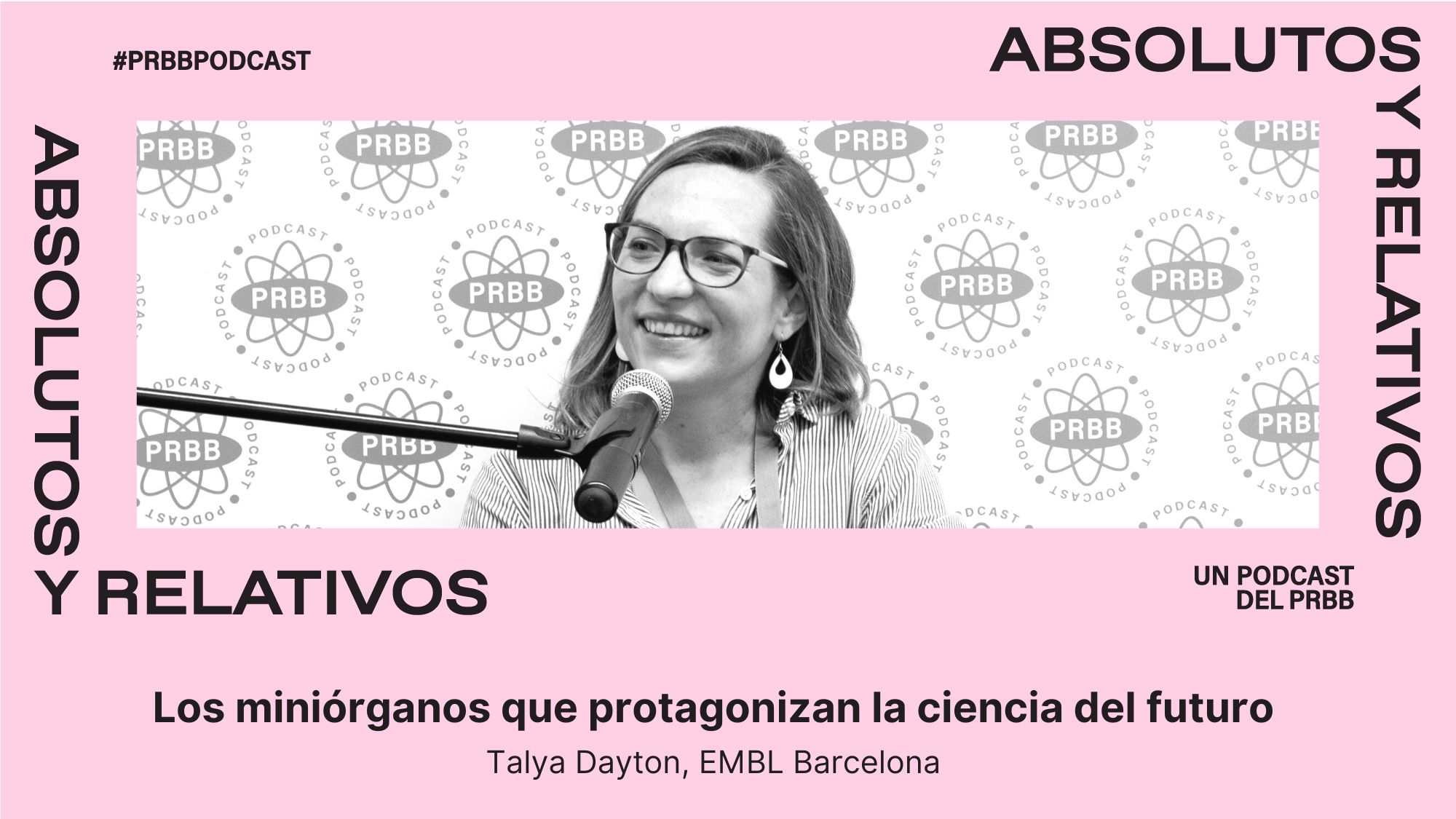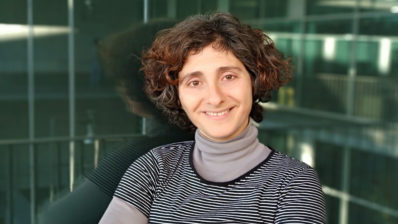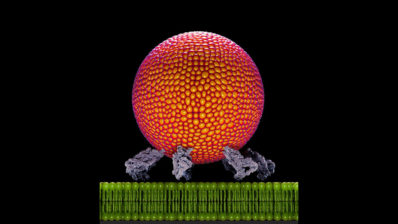Talya Dayton joined the European Molecular Biology Laboratory – Barcelona (EMBL Barcelona) in September 2022 as leader of the Organoid Models of Endocrine Development and Cancer group. A new chapter that has made her face many new challenges and learnings: “At first I felt uncomfortable, I thought I couldn’t do it; but I realised that I am capable of it. Because, although at first it doesn’t seem logical that feeling uncomfortable should be a good thing, it actually means that you are learning”.
In the fourth episode of the Spanish podcast ‘Absolutos y Relativos‘, in addition to learning about her professional career leading up to her arrival at EMBL Barcelona, we delve into the world of organoids. A reductionist research system that, on the one hand, seeks to minimise the use of animals in research, and on the other, gives us the possibility of better understanding what happens in the human body. For, although the physiology of mice and humans may be similar in some respects, it is not the same.
“In our lab, we can grow tumour organoids from individual patients, so we can test drugs that work specifically on them”.
In the lab Dayton and her group develop mini-lungs with neuroendocrine tumours, a very aggressive type of cancer that currently has no cure. Thanks to these models, they can better understand how cancer cells form. This could open the door to the use of organoid cultures of the patient’s own cells and thus make use of personalised medicine to treat this type of cancer.
Don’t miss the full episode if you want to learn more about Dayton and her research!






